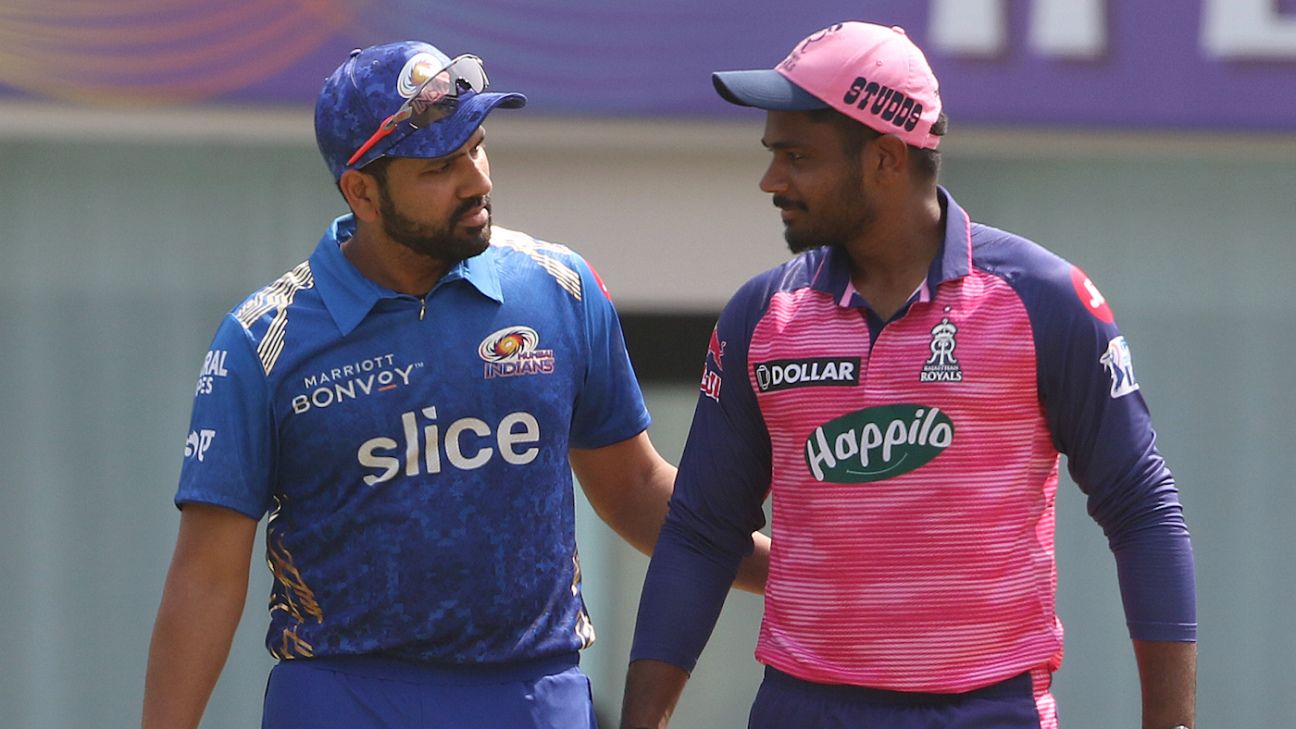IPL insists on seven-day isolation period for Covid-19 cases
The wider sporting world has allowed athletes to play with the virus, but the league is adopting more stringent protocols
18-Mar-2023
IPL 2023 will not be played in a bio-secure bubble, but there are other restrictions BCCI
Even as sporting authorities worldwide are permitting athletes to participate in events despite testing positive for Covid-19 over the last year, the IPL has decided to stick to its 2022 policy of asking players with the virus to go through a week-long isolation period before rejoining their teams.
While the season will no longer need to operate out of a bio-secure bubble, which had been mandatory for the three years since the pandemic, the IPL has said it wants to be "careful" and players testing positive will not be allowed to participate in a match or in training until they return consecutive negative tests, the earliest of which can be taken on day five of recovery.
"While there has been a decline in the number of Covid-19 cases in India we still have to be careful of the emerging strains which are becoming a concern at regular intervals," the IPL's medical guidelines, which were distributed to franchises this week, say. "Positive cases must be isolated for maximum seven days. Positive cases will not be allowed to participate in any match or any form of activity/event during the period of isolation.
"From day five, they can undergo a RT-PCR, provided they must be must be asymptomatic without any medication for 24 hours. Once the first result is negative the 2nd test must be done 24 hours apart. Only after obtaining two negative RT-PCR tests 24 hours apart i.e. day five and day six, can they rejoin the group."
The IPL pointed out that testing will be carried out only for those actually showing signs of Covid-19, not for those who are asymptomatic. Any participant continuing to test positive even after day seven would need to present two negative tests 12 hours apart before rejoining the group.
This is in contrast to the loosening of restrictions in dealing with Covid-19 cases in global sport including international cricket. Last August, Australian allrounder Tahlia McGrath became the first cricketer to play a match despite testing positive for Covid-19 in the Commonwealth Games T20 final against India.
A few months later, at the men's T20 World Cup, Mathew Wade, who had tested positive, was named part of the Australian team in the league match against England which was eventually washed out. In January, Australian opener Matt Renshwaw reported Covid-19 symptoms on the first morning of the New Year's Test against South Africa in Sydney, tested positive before toss, but went on to play the match.
The ICC has allowed players to participate in matches at global events including the CWG in England and the T20 World Cup in Australia last year. It remains to be seen, though, whether it will retain the same process during the ODI World Cup in India later this year.
ESPNcricinfo

